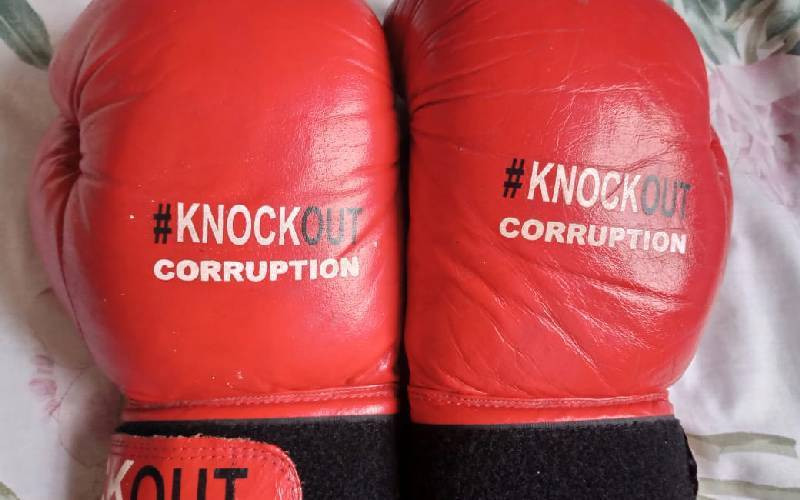
Audio By Vocalize

In a draft Bill that if passed could see acts of corruption normalised - and even glamourised, Homa Bay Town MP Peter Kaluma is proposing amendments to the Anti-Corruption and Economic Crimes Act of 2003 by seeking the deletion of Section 64 of Chapter Six of the Constitution, which bars corruption and economic crimes convicts from holding public office.
The MP argues that a convicted person will have already served the punishment and, therefore, the 10-year ban is unfair. While this is, no doubt, music to the ears of those with political ambitions shackled by the fetters of legal and moral strictures, it heralds doom for both the economy and governance of our country.